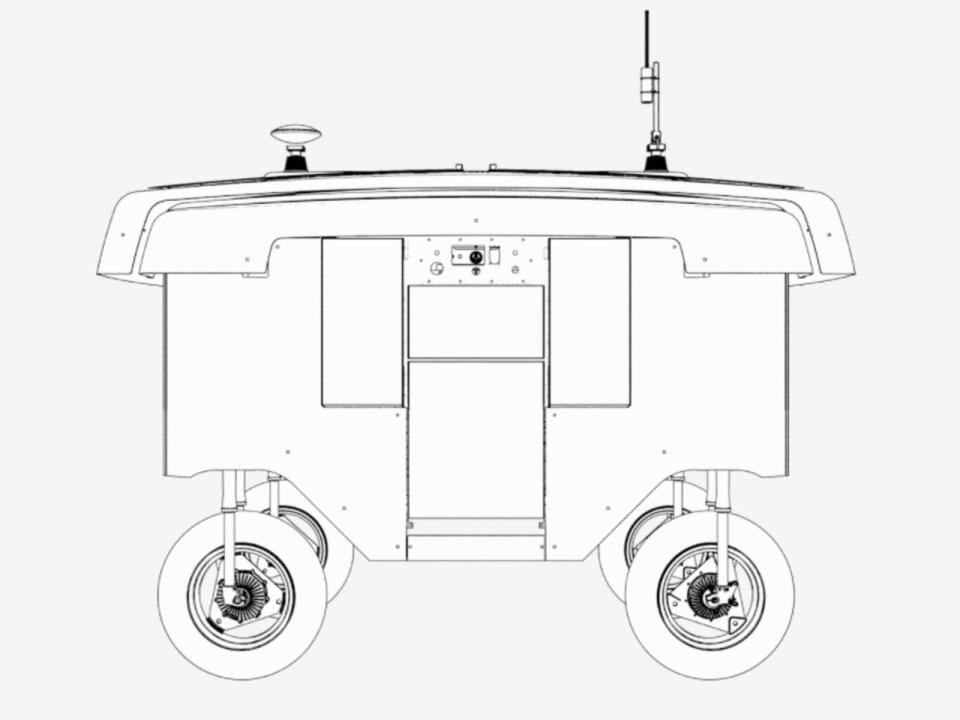Alphabet's Mineral moonshot wants to help farmers with robotic plant buggies
The tech could lead to more sustainable farming practices.
In 2018, Alphabet's X lab said it was in the process of exploring how it could use artificial intelligence to improve farming. On Monday, X announced that its "computational agriculture" project is called Mineral. The Mineral team has spent the last several years "developing and testing a range of software and hardware prototypes based on breakthroughs in artificial intelligence, simulation, sensors, robotics and more."
One of the tools that has come out of the project is a robotic plant buggy. Powered by solar panels, the machine makes its way across a farmer's field, examining every plant it passes along the way with an array of cameras and sensors. In conjunction with satellite, weather and soil data, Mineral says the buggy and its AI software can identify patterns and give farmers insights into their crops.

One of the central promises of the technology is that it can help farmers troubleshoot individual plants. In that way, if only a handful need a pesticide or some other form of care, growers can save money and lessen their impact on the environment.
As Mineral points out on its website, there's an urgent need to make farming more sustainable and productive. "To feed the planet's growing population, global agriculture will need to produce more food in the next 50 years than in the previous 10,000 — at a time when climate change is making our crops less productive," the team says on its website. Nature thrives on diversity, but the economics of farming incentivize farmers to grow monocultures. In turn, this makes their crops vulnerable to pests and diseases. It's also detrimental to the soil their farms depend on, and the surrounding ecosystem. Those are all things Mineral wants to address.
It may be another few years before we hear more from Mineral. In the meantime, the team says it's working with innovative plant growers in the US, Canada, Argentina and South Africa. It's also in the process of finding more companies, organizations and governments to work with on its mission. "Together, we will embrace nature's complexity and diversity to build a more sustainable, resilient and productive food system," the team said.
